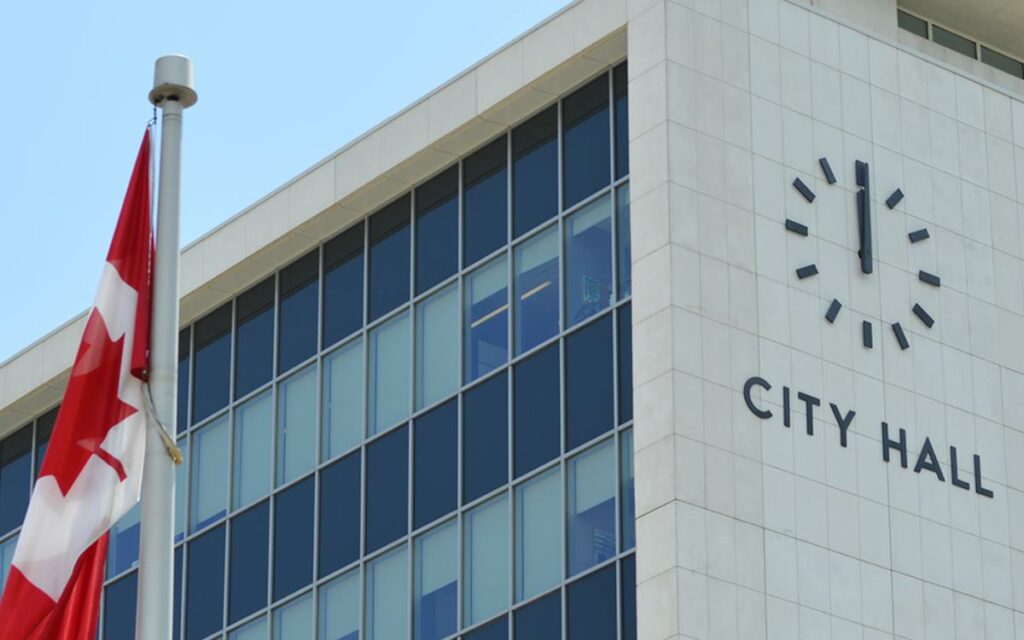
Plan comes after Council directed staff in February 2023 to engage with community partners and come up with a harm reduction strategy.
At a recent Hamilton Public Health Committee meeting the city’s Public Health Services staff presented a report recommending the approval of a new plan to combat opioid-related emergencies.
The plan, which was unanimously approved at Committee and ratified by Council, involves establishing a new safe injection site at a Hamilton men’s shelter.
The report reads that “problematic opioid use and an increasingly toxic drug supply continues to be an area of public health concern in Hamilton.”
It notes that Hamilton Paramedics received 336 opioid-related emergency calls within the first four months of 2023, which was higher than the same four-month period in 2021 and 2022.
That represents more than 19 calls per week or 2.75 calls per day.
There were also 62 suspected opioid-related deaths between January 2023 and April 2023.
The report notes that most opioid-related emergency calls have been concentrated in Wards 2 (Downtown Hamilton) and 3 (East Hamilton Centre).
There are 15 wards in the city, but from January 2023 to April 2023 56 per cent of opioid-related emergency calls came from Ward 2 and 20 per cent came from Ward 3.
Ward 2 is represented by Councillor Cameron Kroetsch and Ward 3 is represented by Councillor Nrinder Nann.
Hamilton City Council declared opioid overdoses and poisoning a state of emergency back in April. They also declared homelessness and mental health a state of emergency in the same motion to get attention and assistance from other levels of government.
The report and Opioid Action Plan come after Council directed staff in February 2023 to engage with community partners and come up with a harm reduction plan.
The city contracted MASS LBP to support the consultation process and develop the Opioid Action Plan.
The goals of the plan are to reduce the number of deaths associated with opioid use, reduce the harms associated with opioid use, and increase access to various treatment options.
One of the recommendations was requesting the authorization of $667,000 for Housing Services to initiate a call for applications to agencies to operate a men’s shelter-based supervised consumption site for 19 months.
That includes $120,000 from the 2023 budget and $547,000 to be included in the 2024 and 2025 Tax Operating Budget.
The Opioid Action Plan proposed 13 different actions that include immediate, medium-term, and long-term initiatives.
The five immediate action items are:
- Establishing an Opioid Action Table
- Scaling up Supervised Consumption Sites across the city
- Developing “Safer Use” policies in hospitals and care settings
- Increasing the availability of drug-checking resources
- Engaging and supporting primary care providers
Other action items include streamlining treatment services, developing new youth prevention programs, and increasing access to rapid detox and residential treatment programs.
As the plan was approved by Council, Public Health will be advancing the action items in the coming weeks in cooperation with other city organizations such as St. Joseph’s Healthcare Hamilton, Hamilton Health Sciences, and the Greater Hamilton Health Network.

Based in Hamilton, he reaches hundreds of thousands of people monthly on Facebook, Instagram, TikTok, and Twitter. He has been published in The Hamilton Spectator, Stoney Creek News, and Bay Observer. He has also been a segment host with Cable 14 Hamilton. In 2017, he received the Chancellor Full Tuition Scholarship from the University of Ottawa (BA, 2022). He has also received the Governor General’s Academic Medal. He formerly worked in a non-partisan role on Parliament Hill in Ottawa.






